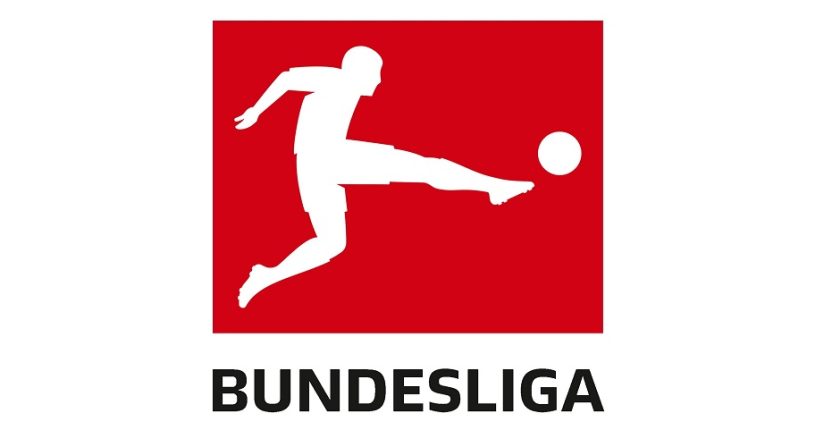The 36 clubs of Germany’s Bundesliga have narrowly rejected an attempt to sell a share of the league’s future media rights.
Per an article by Matt Ford of Deutsch Welle, only 20 of the 36 clubs voted in favor of the proposal. 11 voted against it, while five abstained. A two-thirds majority of 24 clubs was needed for the proposal to pass.
The league was attempting to obtain an investment of €2 billion from private equity in exchange for 12.5% of the Bundesliga’s media rights for the next 20 years.
Much of the money would have been invested into infrastructure and media operations, per DW.
And so, with clubs unwilling and indeed unable to open up to major investment on an individual level, the DFL plan envisaged investment in the league as a whole, with the fresh capital to be invested in digitalization and a new online content platform (40%), stadiums, youth academies and other club infrastructure (45%) and the rest free to invest in players (15%).
FC Cologne, who voted against the deal, said teams “would lose some of their freedom to make decisions” if the agreement passed.
Bundesliga fans also were vehemently opposed to the private equity investment.
“Opening up to investors, particularly to private equity firms who are after maximum profit, risks them using their influence to maximize their returns, potentially against the interests of fans and stadium-goers,” said Jan van Leeuwen, who sits on the board of Dortmund’s official Fan Department, in a statement distributed to journalists in the press box ahead of the home game against Union Berlin.
“In future, top fixtures could be played at 22:30 German time for the benefit of an American prime-time audience, as is already the case in Spain, or even abroad if it helps open up new revenue streams for the investor,” added Claas Schneider, spokesperson for Südtribüne Dortmund, an umbrella group representing 31 BVB fan clubs, the hardcore ultra groups and around 4,000 individual supporters.
“It is also unclear how exactly the engagement of an investor is supposed to increase the competitiveness of the league,” he continued. “If the distribution of the extra revenue is weighted in favor of the clubs who are already strongest, in order to help them compete in European competition, it would only serve to cement the existing unequal structures and make it even harder for smaller clubs to ever bridge the gap.”
Selling future media rights is gaining popularity in European soccer thanks to the financial dominance of the Premier League. Spain’s La Liga received nearly €2 billion from CVC Capital Partners (one of the firms interested in the Bundesliga’s rights), and that was for an 8.2% stake in media rights for the next 50 years. Last March, France’s Ligue 1 sold 13% of their media rights to CVC for €1.5 billion. Italy’s Serie A has also been talking to private equity about selling future media rights after a previous deal with CVC fell apart.
In the US, the Bundesliga’s rights are owned by ESPN. It’s reportedly a six-year deal, with three years still left to run after the current season ends, paying $30 million per season. La Liga also has a deal with ESPN, though it’s an eight-year pact paying a reported $1.4 billion over the life of the deal (or roughly six times what the Bundesliga is getting). Serie A is getting a reported $75 million per season from CBS, and that deal ends next summer.
All pale in comparison to the mighty Premier League, however. NBC and Telemundo cracked open the vault to retain the English top flight’s rights, reportedly paying a whopping $2.7 billion over six years.
Comparatively, the Bundesliga is a bargain, and it’s understandable that many from the league would want to go after a private equity investment. The league won’t even be the next to get a bite from American media outlets thanks to Serie A’s shorter term deal, putting it even further behind its competitors across Europe.






